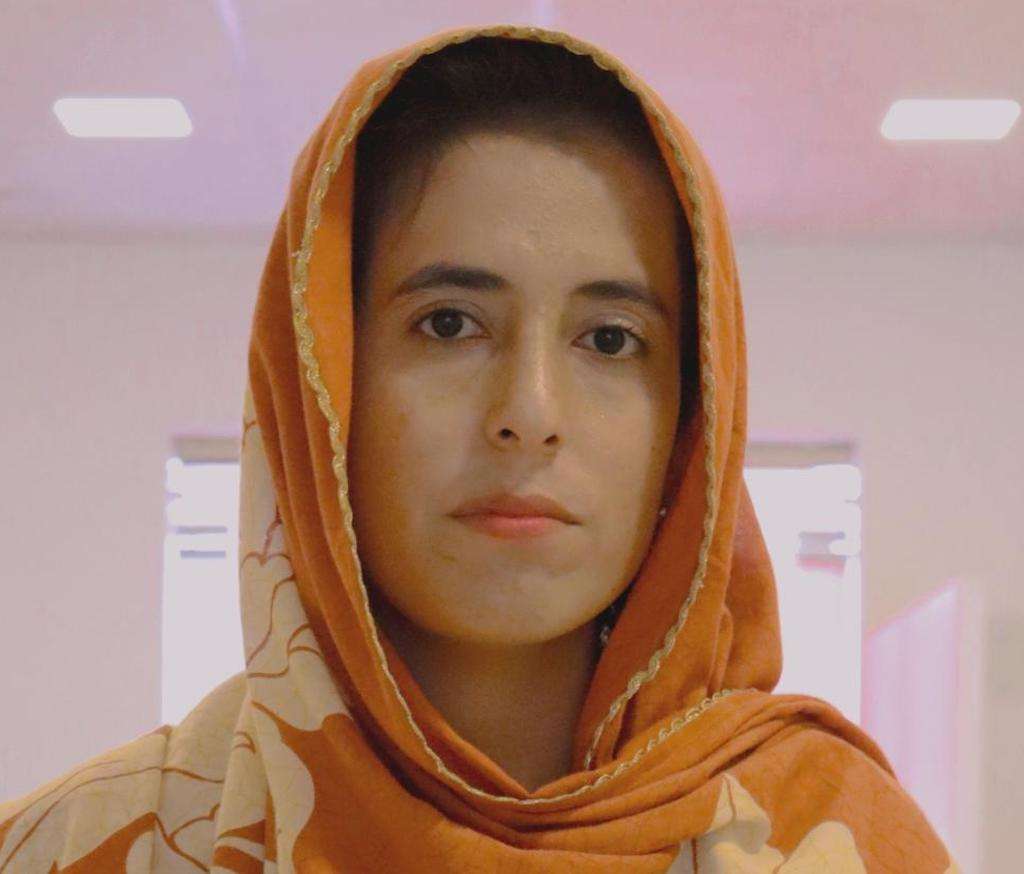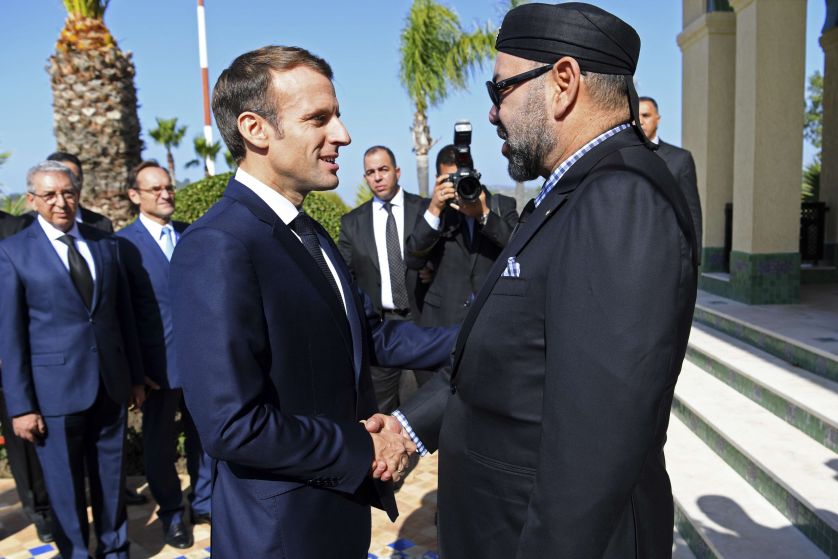Shahzadi Irrum: Western Sahara becomes victim to the West’s meddling

Decolonization in Africa is one of the most pivotal global milestones of the 20th century, representing a determined and, in many cases, successful departure from centuries of Eurocentric colonial domination. From 1945 to 1960, country after country emerged from the shadows of colonial empires, raising their own flags and finding their voices on the world stage. This struggle continued for decades, driven by the dreams of millions who longed for freedom. Yet, the road to independence was rarely smooth. It was often bloody, painful, and fraught with repression, leaving behind wounds that many societies still suffer from today. Even so, Africa achieved what once seemed impossible—full sovereignty across the continent. However, one place remains trapped in the past: Western Sahara. This arid strip of land on the Atlantic coast, home to around half a million people, still waits for its turn at self-determination. For its people, the promise of independence remains just that—a promise unfulfilled.

Western Sahara, a disputed territory in northwestern Africa, remains at the center of an intensifying geopolitical standoff between Morocco and Western Sahara. For decades, both nations have been locked in a deadlock over its status, with repeated attempts at resolution proving ineffective. Although Morocco maintains de facto control over much of the region, the indigenous Sahrawi population, under the leadership of the Polisario Front, continues to demand an independent state, the Sahrawi Arab Democratic Republic (SADR). Although the SADR has received limited recognition from several states and holds membership in the African Union, it is not recognized by the United Nations, which still categorizes Western Sahara as a non-self-governing territory.
The Western Sahara dispute traces its origin to 1975, following Spain’s withdrawal from the Spanish Sahara, its former colonial possession. In the aftermath of the power vacuum, neighboring Morocco and Mauritania moved to annex and divide the territory among themselves, a move that was met with armed resistance from the Polisario Front against the illegal occupation.
By 1979, after continuing significant military setbacks inflicted by the Polisario, Mauritania abandoned its territorial claims and withdrew from the region. This departure allowed Morocco to expand its sway, consolidating its presence over much of the Western Sahara. In an effort to fortify its position and deter further Polisario offensives, Morocco constructed a massive defensive structure, known as the “Sand Berm,” which now delimits the areas under Moroccan control from those held by the Polisario. Currently, Morocco administers over 80 percent of the territory and regards it as an integral part of the kingdom, while the Polisario Front is confined to the sparsely populated interior zones.
“For centuries, the West has sacrificed Africa’s dignity and rights in the pursuit of power and profit, and now, with Western Sahara, it repeats the same cruel pattern.”
While Algeria, which provides tacit support to Polisario, doesn’t claim Western Sahara for itself, its role in the conflict is far from neutral. Deeply wary of Morocco’s growing influence in the region, Algeria has long supported the Polisario Front politically, militarily, and financially. For Algeria, it’s not just about territorial dynamics but about standing by a movement it sees as fighting for a just cause. The Polisario Front, with Algeria’s backing and recognition from some international actors, continues to press for the Sahrawi people’s right to decide their own future. To them, the struggle is not over—it’s a matter of independence and justice that has yet to be resolved globally.
Over the years, dozens of countries, mostly from Africa, have formally recognized the SADR. But when it comes to the world’s major powers, the tilt is clearly in Morocco’s favor. Many powerful nations, whether openly or behind the scenes, have backed Morocco’s claim to Western Sahara. Even Spain, once the colonial ruler of the territory, has expressed its support for Morocco. A significant turning point came when the US recognized Moroccan sovereignty over Western Sahara in exchange for Morocco normalizing ties with Israel. The US is organizing a dark chess game, sacrificing Western Sahara like a disposable pawn to crown Israel as a regional monarch. By bribing Morocco with recognition in exchange for political favor to Israel, it is not only altering borders but also making a mockery of Africa’s postcolonial efforts. It is not just about politics—it is a betrayal of African people whose voices are considered noise, not worth hearing.

More recently, France, which holds deep colonial ties with both Morocco and Algeria, has also thrown its weight behind Morocco. Algeria, which strongly opposes Moroccan control over the region, reacted sharply by recalling its ambassador from Paris, highlighting just how deeply this decades-old dispute is still stirring regional tensions and rivalries.
Examined through the lens of realpolitik, France’s acceptance of Morocco’s sovereignty over the Western Sahara is driven primarily by geopolitical interests and power dynamics. Paris has no interest in justice for the Sahrawi people because they offer nothing to exploit, no strategic alliance to gain, and no geopolitical leverage to offer. In contrast, Rabat provides Paris with a stable ally at a time when its influence in Africa is breaking up. After being booted out of several West African countries and humiliated by the rise of anti-French sentiment in the Sahel, Paris is desperate to gain a foothold on the continent to revive its dying empire at any cost.
READ: What are the Algerian-Mali tensions really about?
In conclusion, the West’s dark play in Africa is not a new phenomenon but a continuation of a long history of self-interest and injustice. For centuries, the West has sacrificed Africa’s dignity and rights in the pursuit of power and profit, and now, with Western Sahara, it repeats the same cruel pattern. The suffering of the Sahrawi people is just another chapter in the West’s ongoing legacy of selling out Western Sahara for its own gain. While Africa struggles to rise, the West is mercilessly kneeling on its neck, denying it the breath of freedom.
The views expressed in this article belong to the author and do not necessarily reflect the editorial policy of Maghrebi.org. Shahzadi Irrum is an Assistant Research Fellow at the Balochistan Think Tank Network, Quetta.
If you wish to pitch an opinion piece please send your article to alisa.butterwick@maghrebi.org.
Want to chase the pulse of North Africa?
Subscribe to receive our FREE weekly PDF magazine













